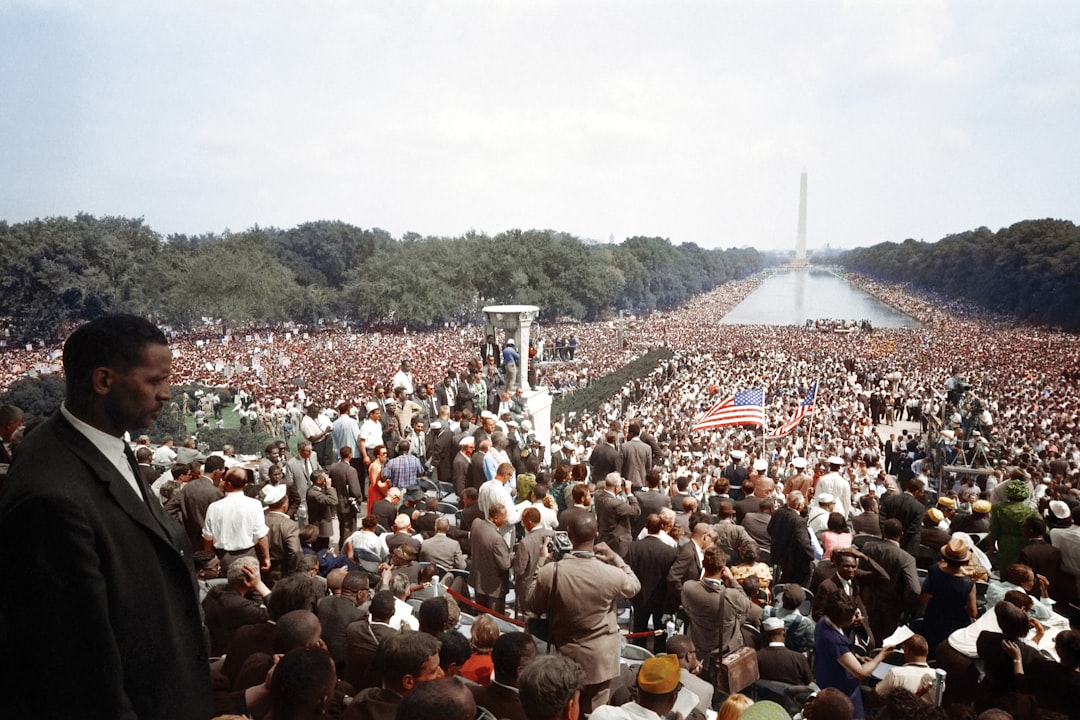Washington D.C.'s strict "Do Not Text" laws target distracted driving through penalties for sending/reading texts and other distractions while driving. The Metropolitan Police Department uses patrols, technology, and public awareness to enforce these laws, with legal professionals guiding clients on safe texting practices and defending against violations.
“Discover how Washington D.C.’s strict ‘Do Not Text’ laws are enforced, ensuring road safety and compliance. This comprehensive guide explores the intricate strategies behind the scenes, revealing the steps taken by authorities to deter texting while driving.
From understanding the legislation to the role of legal professionals, we break down the key aspects. If you’re a driver or a lawyer in DC, this article offers valuable insights into navigating and adhering to these vital safety measures.”
Understanding DC's Do Not Text Laws

In Washington D.C., the “Do Not Text” laws are designed to prevent distracted driving and ensure road safety. These regulations make it illegal for drivers to send or read text messages while behind the wheel. Understanding these laws is crucial, especially for those seeking a lawyer for Do Not Text Laws DC, as violations can result in fines and other penalties.
The law considers any activity that diverts the driver’s attention from the road as a form of distracted driving, not just texting. This includes using mobile apps, browsing social media, or even adjusting the GPS while driving. Law enforcement officers actively patrol for such behaviors, targeting areas with high traffic and known accidents to enforce these laws strictly. Drivers caught violating the Do Not Text laws face fines that can vary based on the number of prior offenses and other mitigating factors.
Enforcement Strategies: How DC Does It

In Washington D.C., enforcing do not text laws is a multifaceted effort involving several innovative strategies. The Metropolitan Police Department (MPD) plays a pivotal role, utilizing a combination of targeted campaigns and advanced technology to catch and deter texters. They employ trained officers who patrol areas known for high pedestrian and vehicle traffic, actively looking for drivers using their phones while behind the wheel. Additionally, MPD leverages citizen cooperation through tip lines and public awareness programs that emphasize the dangers of texting while driving (TWD).
One unique approach is the use of do not text laws as a deterrent in accident reconstruction. When investigating traffic accidents, police can now consider TWD as a contributing factor, leading to stricter penalties for offenders. Fines, points on licenses, and potential insurance rate increases serve as powerful disincentives. Moreover, DC’s legal system has been proactive in ensuring that drivers understood the implications of their actions by working with lawyers for Do Not Text Laws DC to educate the public through court cases and community outreach initiatives.
The Role of Legal Professionals in Compliance

Legal professionals play a crucial role in ensuring compliance with Washington D.C.’s “Do Not Text” laws, which aim to reduce distracted driving and improve road safety. Lawyers specializing in this area assist clients in understanding the legal implications of sending text messages while behind the wheel. They offer guidance on best practices, conduct training sessions, and help develop internal policies for businesses to promote responsible texting habits among employees.
These legal experts also represent individuals facing penalties or lawsuits related to non-compliance with the Do Not Text laws. They provide defense strategies, negotiate settlements, and advocate for their clients’ rights, ensuring a fair legal process. By involving lawyers, organizations can effectively manage risks, protect themselves from legal repercussions, and foster a culture of responsible texting practices among drivers.






